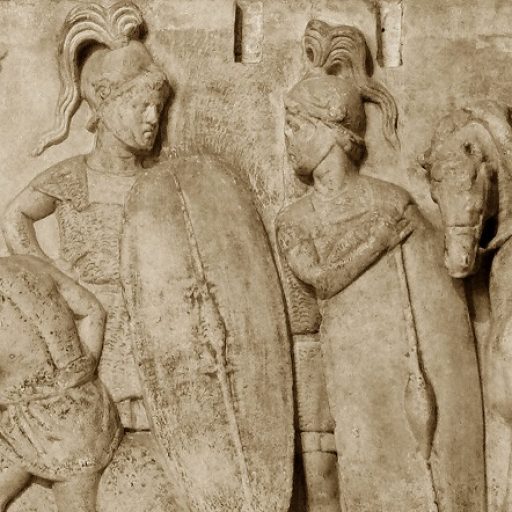
Hey, folks. As much as I hate doing it, I have to pull a ‘gap week’ this week, as the second part of the Gracchi series (on the younger brother, Gaius Gracchus) isn’t done yet and I have some academic travel that I need to prepare for which is going to demand most of my time this week. That said, let me point you to a few things to read to hopefully make up the time. Before I get to that, I did want to note that I saw some speculation as to the current political valence of treating the Gracchi and I suppose I would note that, quite frankly, I do not think any contemporary political figure maps neatly on to either Tiberius or Gaius Gracchus. Their careers are ‘useful to think with,’ particularly on the dangers of escalation in politics, but I wouldn’t suggest either of them as a one-to-one match with current politics. This is usually the case with history: it is a valuable tool to think with, but as a guidebook of general principles, not a roadmap of specific routes.
On to some recommendations!
First off, with the notion of an American ‘warrior’ ethos, it seems relevant to put together a range of things written by me and others on the distinction between warriors and soldiers. The OG post on this topic is a classic by the Angry Staff Officer from 2016, “Stop Calling Us Warriors.” I’ve written in this same vein here on the blog in the opening part of our series on the myth of the “Universal Warrior” and in Foreign Policy with “The U.S. Military Needs Citizen-Soldiers, Not Warriors.” Most recently, the issue has been reignited with an Eliot A. Cohen piece in The Atlantic on the effort to bring back (it never really left) the pernicious idea of a ‘warrior culture’ in the US military.
As you may gather from all of this, I think the idea of having ‘warriors’ – combatants who stand decisively and permanently apart and above civilian society by virtue of their employment of violence – is a dangerous idea for a free society. Instead, the ideal is the soldier: the combatant that serves as part of a unit (rather than as an individual warrior) for the community (where the warrior serves for himself) for a temporary period. Where the warrior remains forever a warrior, the soldier must one day, at the end of the war, or the tour of duty, become a civilian again.
Indeed, soldiers can do everything warriors can – for the last five centuries or more, they’ve done most of it quite a lot better than warriors – but they can also do something that warriors are incapable of: becoming civilians. For a modern, free society, that means that warriors are not so much something special as they are simply just defective soldiers. The soldier’s calling is higher.
For those looking instead for something a bit more explicitly classical, there’s the latest Pasts Imperfect with a discussion of women and the Roman army, related to an exciting new volume on Women and the Army in the Roman Empire. Likewise via the newsletter, a discussion of the emergence of the so-called ‘Roman salute’ – which is, spoilers, not at all Roman – by Sarah Bond and Stephanie Wong at Hyperallergic.
Finally, it has been a while since we checked in with Peopling the Past, but back in October they had a neat blog series looking at bone studies, discussing for instance evidence for cultural finger amputation, the remains of an individual venerated as a hero in ancient Corinth and a discussion of the evidence for nutrition in the remains of Roman remains, particularly in differences in gender. All very neat examples of the kind of information that we can glean from archaeological studies well beyond what the literary evidence can provide.
And with that, we’ll be back next week to, hopefully, finish our discussion of the Gracchi.







